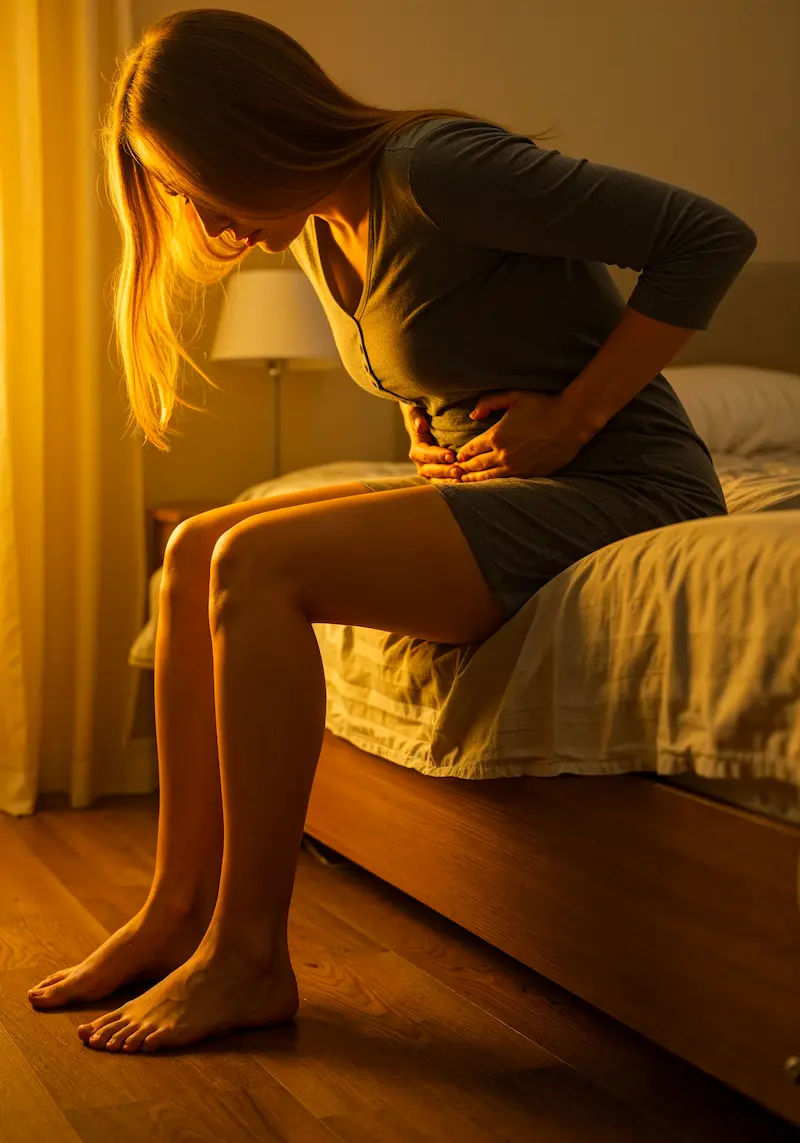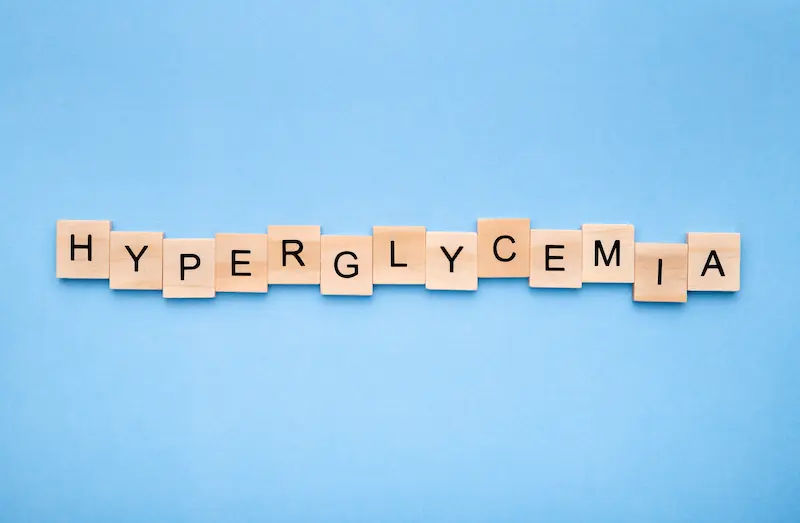- female
- 30 Years
- 01/04/2021
Is hirsutism reversible?
Answered by 1 Apollo Doctors
Hirsutism is a common disorder that usually can be treated successfully with medication. Following medical treatment, electrolysis or laser treatment can be used to permanently reduce or remove any remaining unwanted hair.
Dr. Chandra Suggests...
Consult a Endocrinologist
Answered 04/07/2025
0
0


Ask Apollo
AI powered Health Chatbot
Hirsutism, or excessive hair growth in women, can often be managed and sometimes reversed, depending on the cause.
-
Causes:
- Hormonal imbalances, such as elevated androgens in polycystic ovary syndrome (PCOS).
- Certain medications or other endocrine disorders.
-
Reversibility:
- Identifying and treating the cause, like managing PCOS or adjusting medications, can reduce or reverse hair growth.
-
Treatment Options:
- Lifestyle changes and medications like anti-androgens or hormonal therapies.
- Cosmetic methods such as laser hair removal or electrolysis for longer-term reduction.
-
Medical Evaluation:
- Consult a healthcare provider or endocrinologist to determine the cause and appropriate treatment.
In summary, with proper diagnosis and treatment, many women see improvement. Seek personalized advice for effective management.
Recommended next steps
Consult a Endocrinologist
Answered 20/08/2025
0
0
More Endocrinology Health Queries
View allI'm 22 and have always been on the skinny side, no matter how much I eat or try to bulk up. It's been a real struggle for me. I recently heard about cyproheptadine being used for weight gain, but I'm not sure if it's safe or if it'll actually help me put on some weight. Could you tell me more about it?
-Cyproheptadine is sometimes used to stimulate appetite and can help with weight gain, but it should be taken under a doctor's supervision due to potential side effects. It's important to address any underlying health issues that might be affecting your w
Answered by 1 Apollo Doctors
Is coffee bad for hypothyroidism?
Research shows that levothyroxine absorption is decreased if coffee is consumed within an hour of taking it. Hence, it is suggestable to wait at least 60 minutes after taking the levothyroxine to drink your coffee.
Answered by 1 Apollo Doctors
Are pineapples good for diabetes type 2?
Pineapple may offer amazing health benefits but it is not a good choice for diabetics. Pineapple is a medium GI fruit. Foods with low GI (glycemic index) are considered best for diabetics. Carbs can also contribute to high blood sugar
Answered by 1 Apollo Doctors
Disclaimer: Answers on Apollo 247 are not intended to replace your doctor advice. Always seek help of a professional doctor in case of an medical emergency or ailment.





